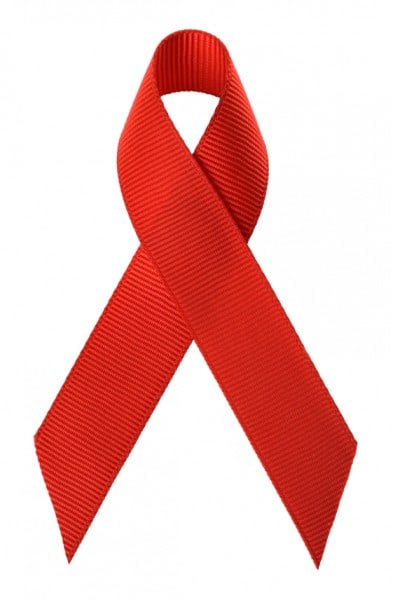Health & Fitness
World AIDS Day and how it affects you

Health & Fitness
World AIDS Day and how it affects you
This Sunday is World AIDS Day. Every year on Dec 1st, I take a moment to think about how
AIDS has affected the entire planet. Currently, there are
35 million people in the world living with HIV.

Istockphoto.com/Filmwork
While Sub-Saharan Africa is the most affected region in the world (nearly 1 in every 20 adults is living with HIV and sixty nine per cent of all people living with HIV are living in this region according to the World Health Organization), it affects people living in every area of the globe. I have a particular affinity to the AIDS epidemic in Africa. Six years ago, I volunteered with an HIV/AIDS organization in Ghana, West Africa. The few months I spent there changed my life. I met children and adults whose lives were completely ravaged by HIV/AIDS. I also learned that there are many reasons why HIV continues to spread and these reasons can differ greatly depending on the local culture and economy. Some common things can include: lack of education, lack of resources, stigma and issues with access to medical care. I volunteered at a local hospital and people would come from all over to wait for hours to see the one doctor that specialized in HIV/AIDS who came once a week. I also worked in the maternity ward, where we educated women on the benefits of knowing their status before they gave birth. I learned a lot but still have so much more to learn. This disease is a very, very complex. But HIV and AIDS is not just an issue in Africa. It's an issue in Canada too and with modern medication the face of this disease is changing rapidly. Take Toronto's HIV/AIDS situation for example. With changes in treatment, HIV in developed countries has become a chronic condition moreso than a swift death sentence as it was in the 1980's when the epidemic began. But the battle to end the stigma and prejudice is far from over—education is a key component in this fight. We answer some common questions: What is HIV and what is AIDS? HIV stands for the Human Immunodeficiency Virus (HIV). It destroys the immune system, making people more susceptible to infections, viruses and certain cancers. Your immunity is measured by a CD4 count (the helper white blood cells which fight off infection), and when your cell count drops and continues to be destroyed it advances into Acquired Immunodeficiency Syndrome (AIDS). According to the WHO, this can take from 2 to 15 years to develop and this progression is defined by the development of certain cancers, infections, or other severe clinical manifestations. Who is affected by HIV in Canada? According to Government of Canada, as of 2011 there were 71,300 people living with HIV in Canada. Aboriginal women are disproportionately affected, accounting for more than a third of women with HIV, according to a study at Simon Fraser University. Men represent over 80 percent—or 4 out of 5 new HIV cases—among older Canadians, according to the Canadian AIDS Society. Also— hear this: According to the Canadian Foundation for AIDS Research (CANFAR), more than a quarter of Canadians who are HIV-postive are not aware of their status. How are women in Canada affected by HIV? There are a growing number of HIV cases in women. In 2009, women accounted for 26.2% of all HIV positive test results in the country, a significant increase in comparison to the rate of 11.7% prior to 1999, says the Canadian AIDS Society. In the United States, women account for one in five new HIV diagnoses and deaths caused by AIDS, according to amFAR. Is there a cure for HIV? While there are lots of treatment options that are helping HIV-positive people live longer than ever, there is currently no cure for HIV. But scientists are working on it. Researchers at Western University have started human clinical trials on an HIV vaccine. According to CANFAR, more than half of Canadian grade 9 students wrongly believe there is a cure for AIDS. What can I do? Educate yourself, your friends and your family on HIV and AIDs. Use protection, get tested before and after each sexual partner, and never share injection equipment. There are a lot of resources out there about the situation in both Canada and abroad. Donate your time and money to learning more and spreading awareness. Learn more from these organizations: CANFAR Canadian AIDS Society Public Health Agency of Canada World AIDS Day The Stephen Lewis Foundation UNAIDS Some extra reading: If you want some interesting reads on the topic pick up one of my favourite books, Race Against Time, by Stephen Lewis, who also has an amazing foundation which supports community-based organizations in Africa. Stephanie Nolen's book 28 Stories of AIDS in Africa is another informative, poignant and heart-breaking read.













Comments